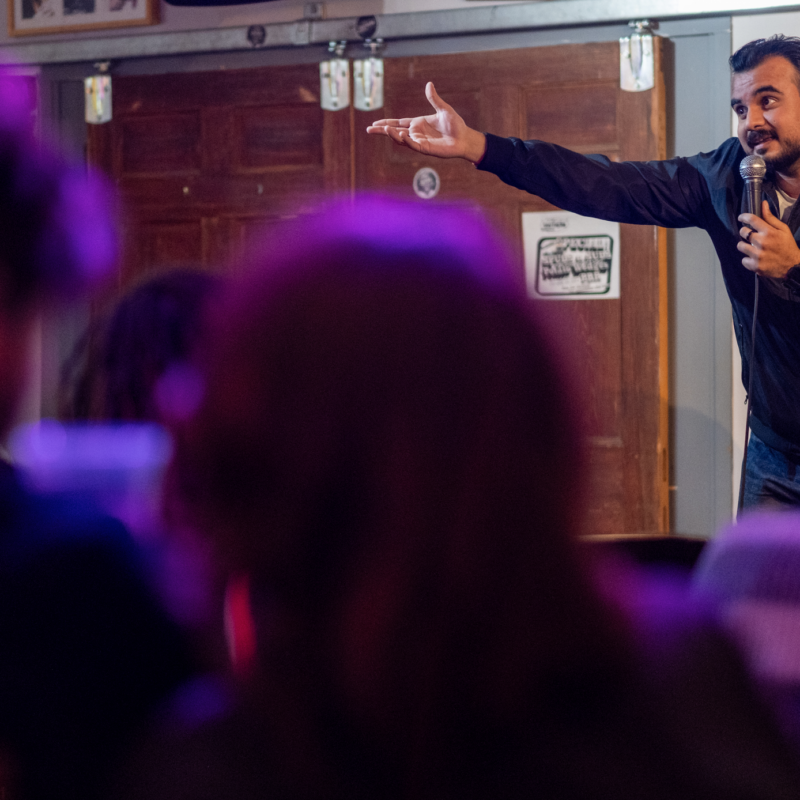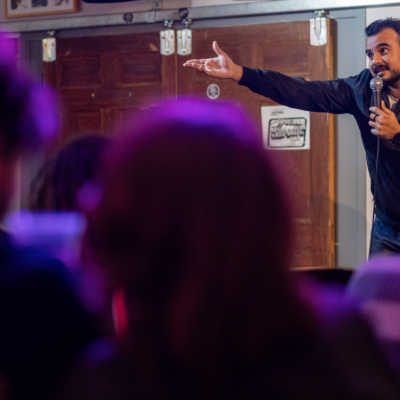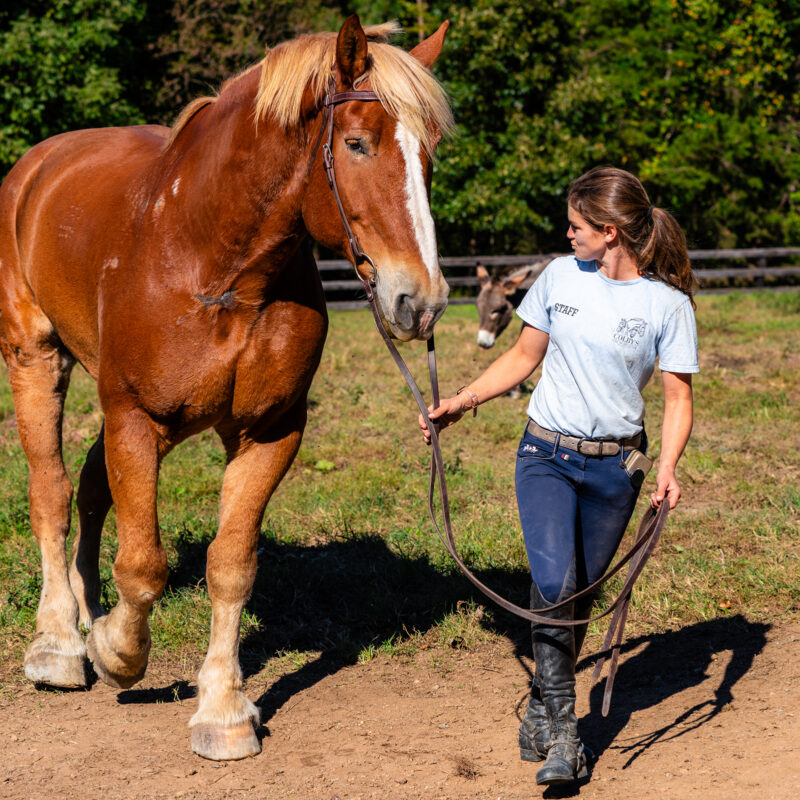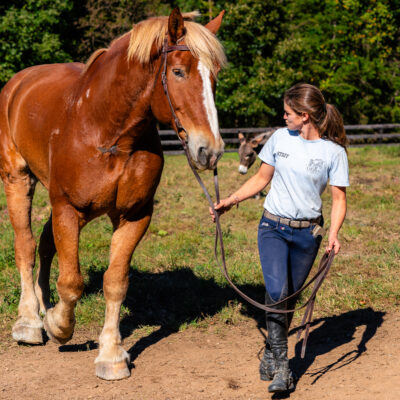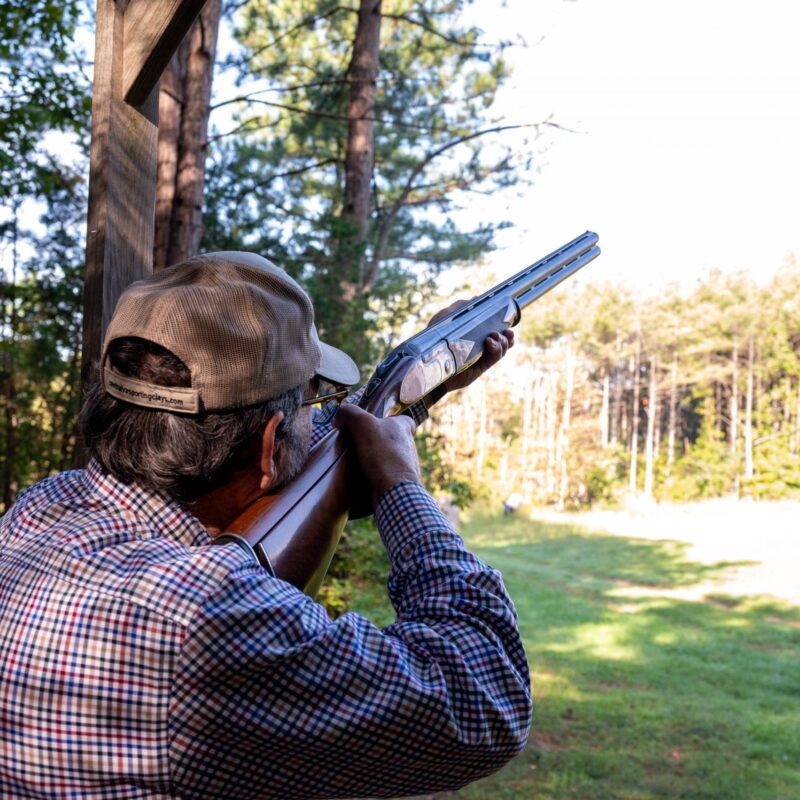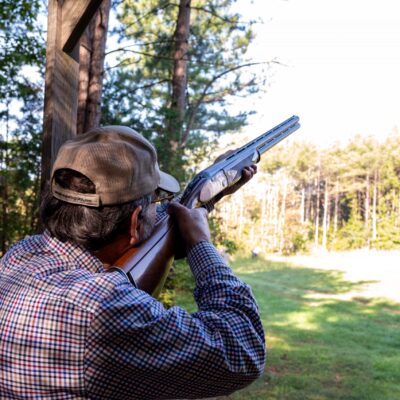Say the word “foreclosure property” to a prospective homebuyer, and watch her eyes light up as if Apple just announced 75 percent off the iPhone.
The deals are out there, even in a place like Charlottesville where foreclosure rates are actually very low relative to the rest of the country (though they’re expected to rise). But like any killer sale, this type of transaction is not for the faint of heart.
 |
A little insight into how foreclosures work: Once a homeowner defaults on his/her mortgage, roughly 60 to 90 days pass before the lender auctions off the property. At auction, “the lender is only interested in selling the home for what’s still owed on it,” explains Janine Williams, vice president of marketing at UVA Community Credit Union, which hosted two packed foreclosure seminars this winter. So if the house was bought for $400,000 and only $150,000 is owed on it—that’s an incredible deal.
Unfortunately, those dream scenarios are few and far between because the majority of homeowners currently defaulting on their loans have scant equity. At most foreclosure auctions, expect to pay 10 to 20 percent less than the market price. A deal, yes—but not a screaming one.
Another major hurdle: At auction, financing isn’t allowed. “You have to have cash in hand and be ready to put at least 10 percent down,” says Williams. Also, you’re expected to buy the house sight unseen (which is never recommended, says Williams), nor are you allowed to get title insurance. So if the house has a $50,000 lien on it, you have to pay it off.
This is why it’s a good idea to find homes in the pre-foreclosure stage—the time between when the Notice of Default is sent and the day of the auction. Scouring the paper for upcoming foreclosure sales is a good way to start. There are also websites like RealtyTrac.com, Foreclosure.com and Foreclosures.com that allow you to access their database of properties for a monthly (sometimes hefty) subscription fee.
Once you find a property you like, go to the home yourself and try to talk to the owners; ask about liens and whether you can bring over an inspector so that at the auction, you know what you’re bidding on. Who knows? You might get lucky. But be forewarned: There’s no guarantee the homeowner will want to talk to you, especially if you’ve got nothing to offer, and some houses will contain renters, not owners. Some seasoned investors try to buy the defaulted property from the homeowner directly by offering them more than they owe on the house, but still less than the current market value. But even for the pros, this scenario can be risky since the buyer has very little time to get all the financing in order and close on the house before auction.
For the non-seasoned investor, the easiest and least risky way to buy a foreclosed home is when it becomes a real estate owned property (REO). In other words, if no one buys the house at auction, the bank takes ownership of it and puts it up for sale through a real-estate broker. In normal, non-recessionary times, REOs are not likely to save buyers any real money since the bank will usually list the property at or close to market price.
But given that there are so many foreclosure properties on the market right now, banks may be more willing to negotiate on price. That’s why it’s advisable to work with a broker who has experience in this area. For a list of REO brokers and agents in and around Charlottesville, go to reonetwork.com.
UVA Community Credit Union’s next foreclosure seminar will happen in March; call 964-2001 or visit uvacreditunion.org.—Jessie Knadler
